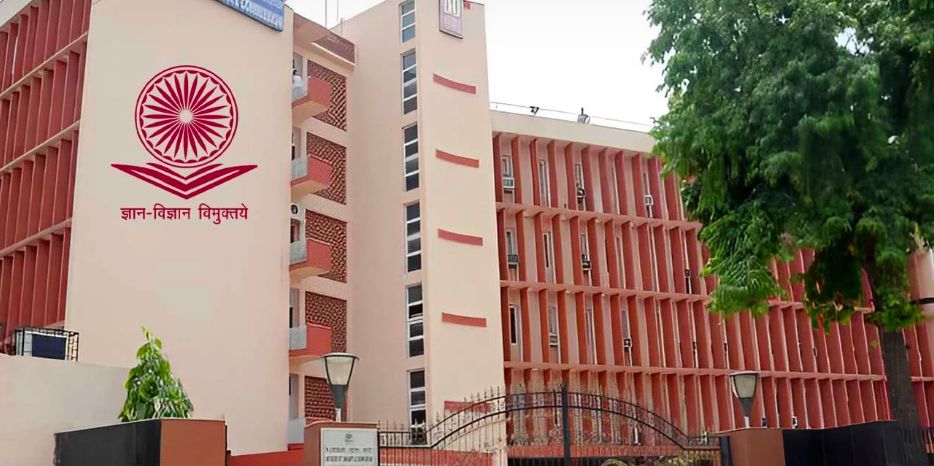The latest buzz in the Indian education sector is about the University Grants Commission (UGC) allowing universities to offer admissions twice a year, starting from the 2024-25 academic session. This move is seen as aligning India’s higher education system with international standards, similar to foreign universities that follow biannual admissions.
The UGC’s decision has been met with mixed reactions. Supporters argue that this will benefit students who may have missed the traditional July/August admission cycle due to various reasons like health issues, delays in board exam results, or personal reasons. It’s also expected to enhance international collaboration and student exchange programs.
However, critics are concerned about the logistical challenges this might pose. They argue that Indian universities already struggle with the current once-a-year admission process, often stretching from March to October. Doubling the admissions could potentially lead to a chaotic situation.
UGC Chairman M Jagadesh Kumar has clarified that offering biannual admissions will not be mandatory for universities. It’s a flexibility provided to higher education institutions that have the required infrastructure and teaching faculty.
So, while the UGC’s decision is aimed at improving access to higher education and aligning with global practices, it remains to be seen how effectively this will be implemented and whether it will indeed be a ‘twice-baked disaster’ or a well-done reform. The UGC had previously permitted biannual admissions for Open and Distance Learning (ODL) and Online modes, which resulted in nearly half a million additional students enrolling.
This move is also expected to contribute to making India a ‘Global Study Destination’ as envisioned in the National Education Policy (NEP) 2020. So, it’s a significant shift in the Indian higher education landscape, aimed at providing more flexibility and opportunities to students.
(Author: Trilok Singh is with the CEO here.)

























Add Comment